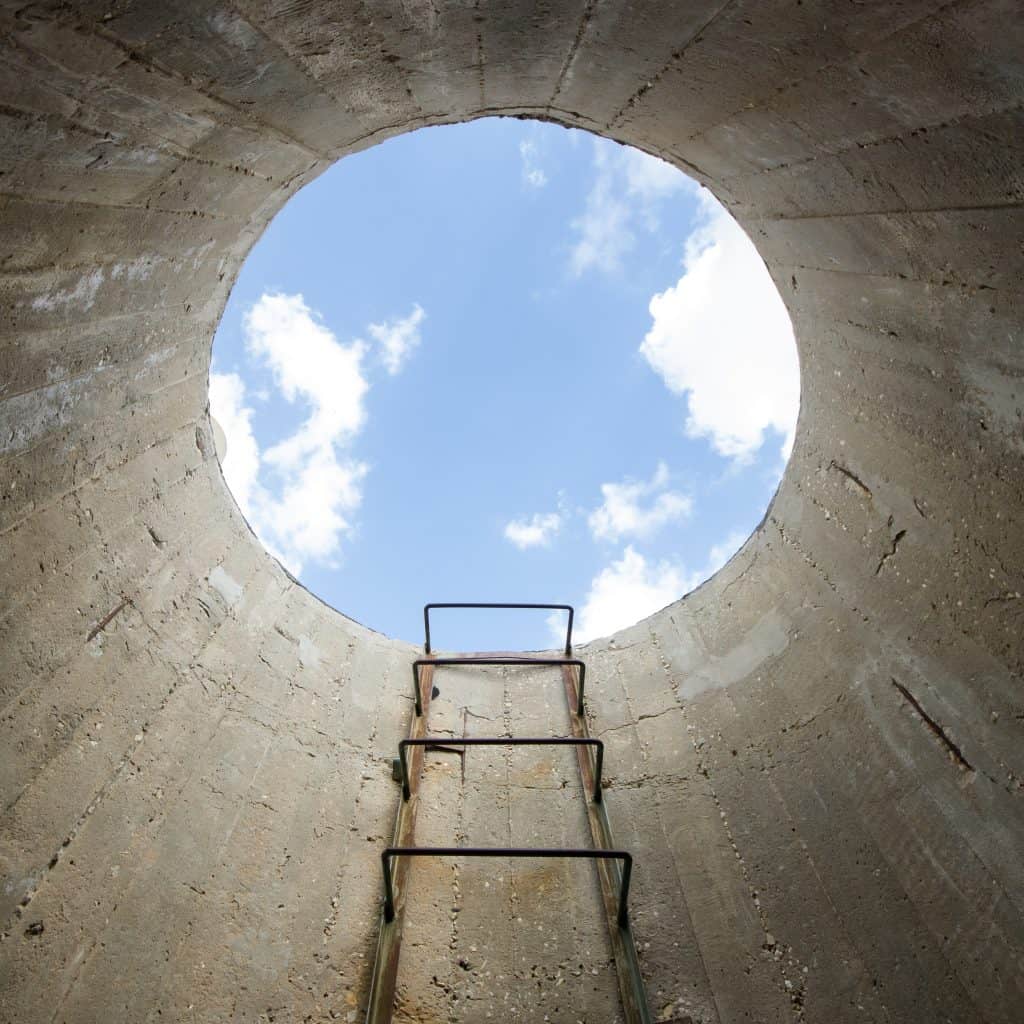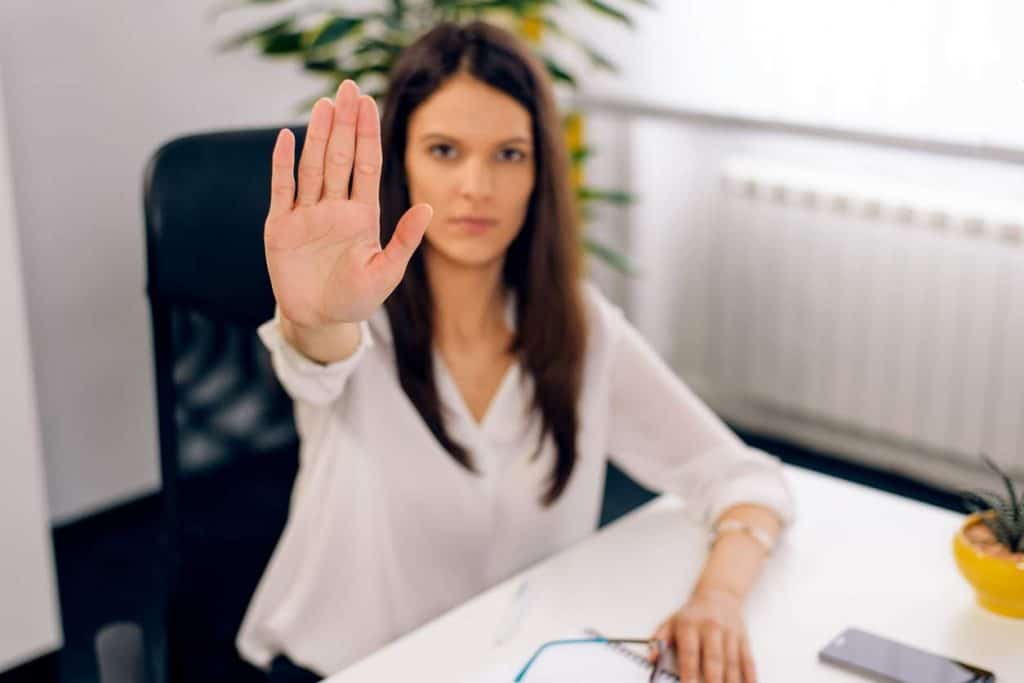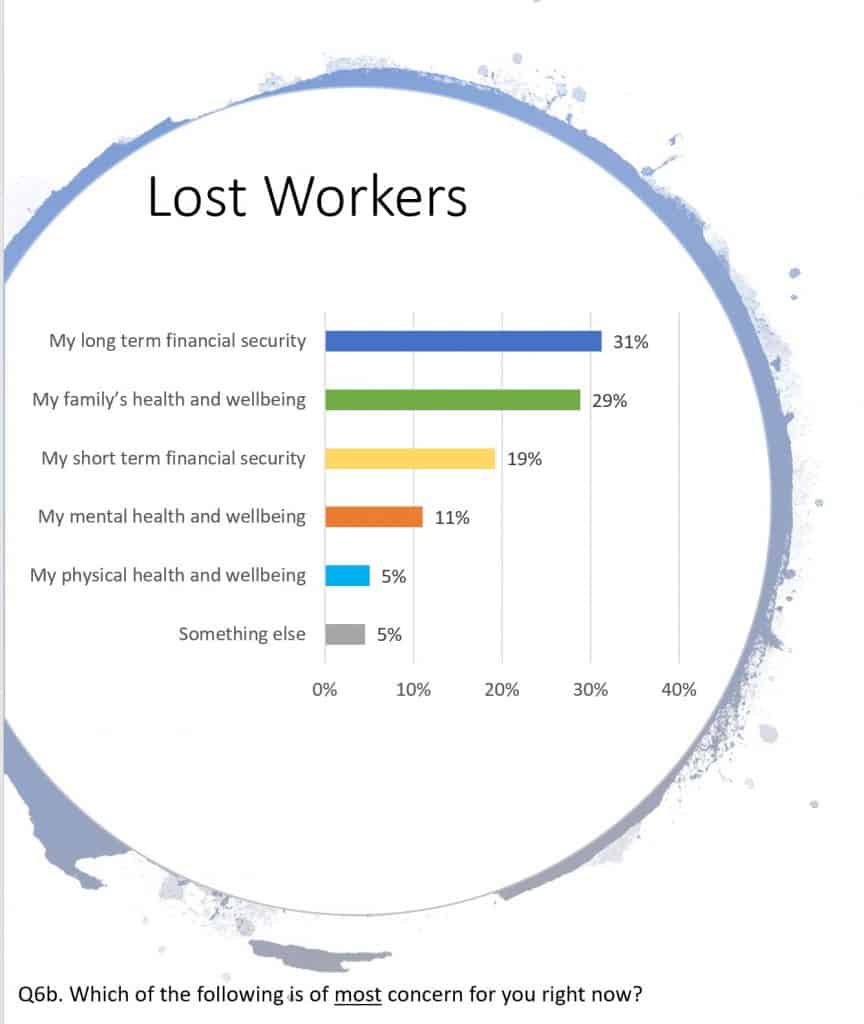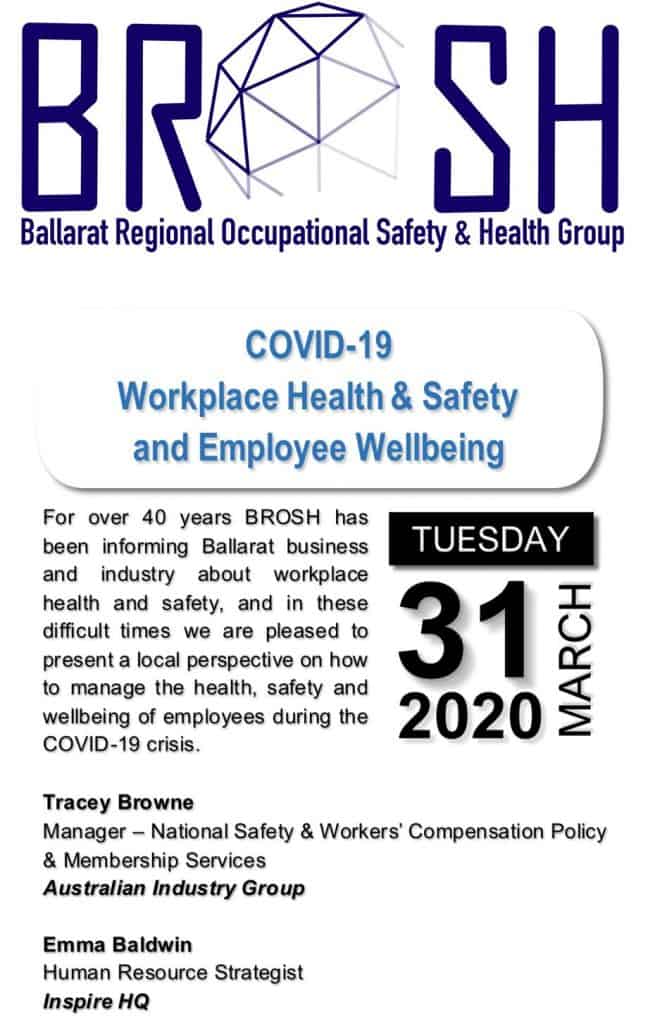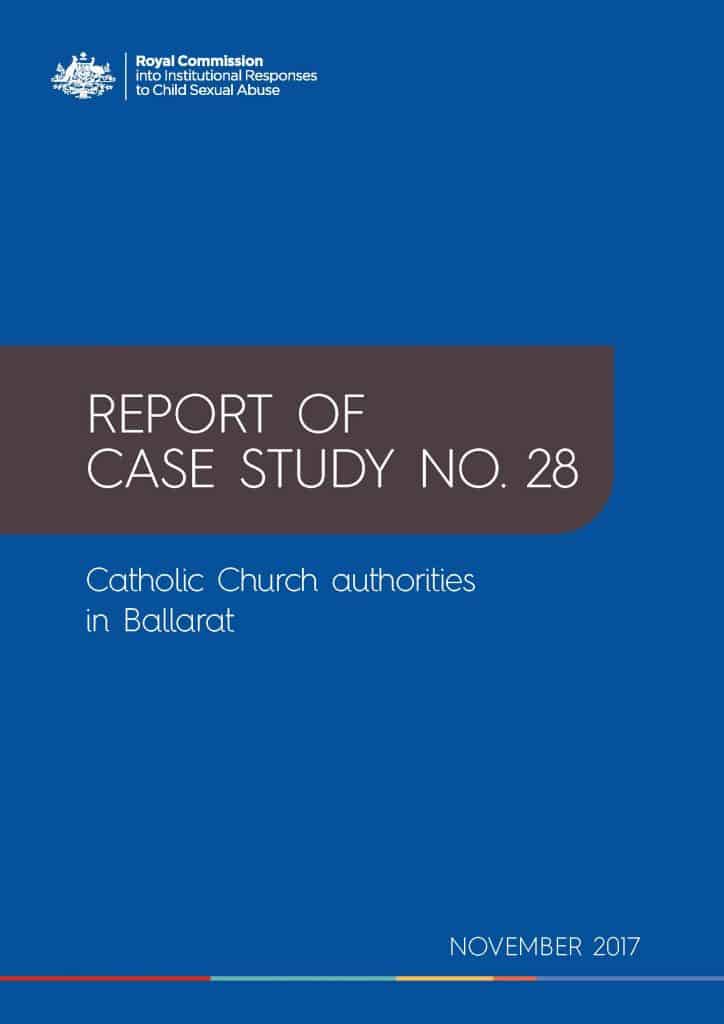
The discussion of “organisational culture” has tried to remain apolitical or amoral, but it always relies of case studies to illustrate the academic and ephemeral. Largely these studies involve major disasters, but few people work in heavy industry, chemical plants, or offshore oil rigs. Better examples could be sought by looking at other industries, such as the Catholic Church. (I really hope someone is examining this relationship in a PhD)

